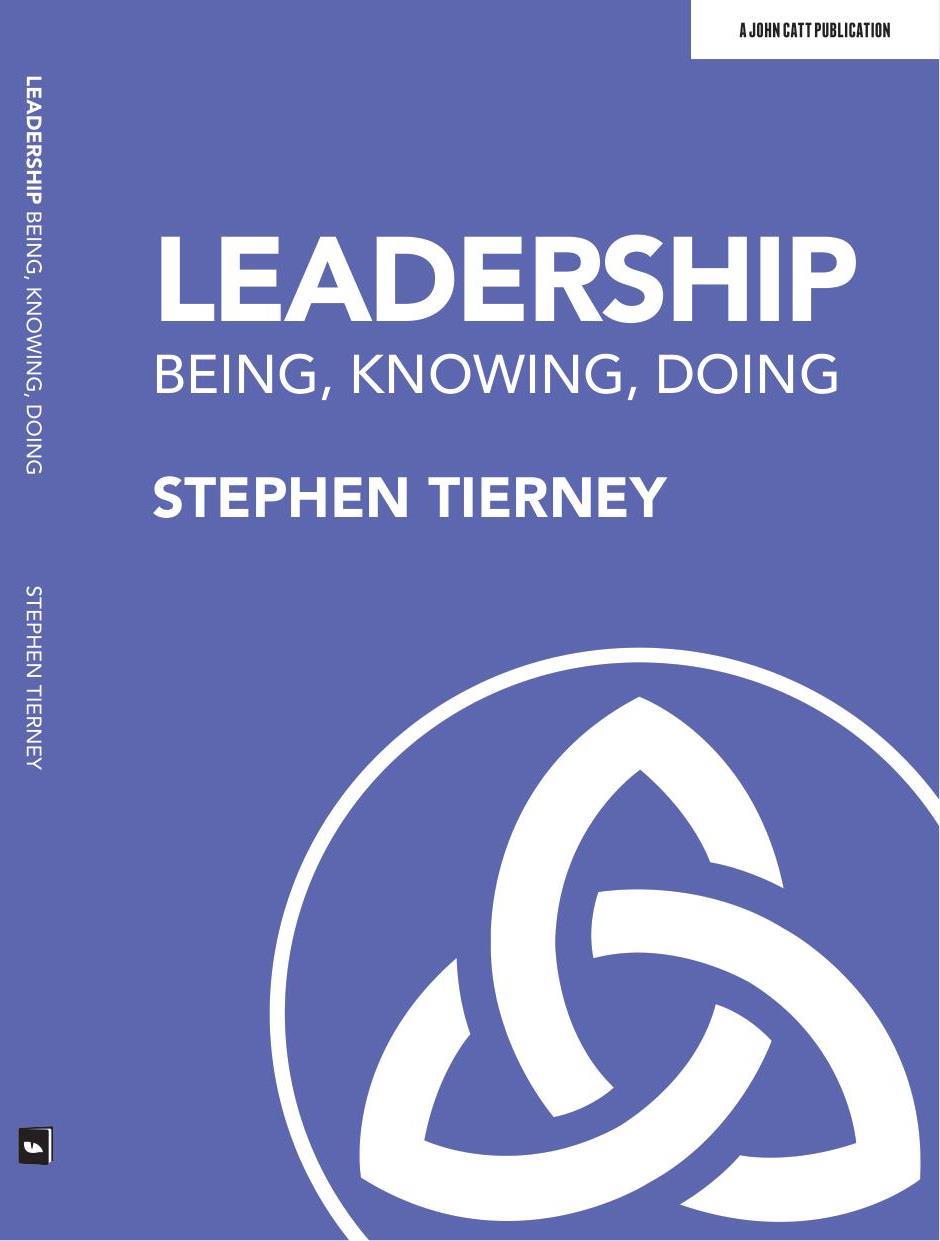@LeadingLearner
Collaboration
#Imagine … All School Leaders
Over the next few weeks I will be talking at two different conferences, one involving headteachers & deputies and the other aspiring senior leaders, about the challenges and opportunities ahead of us. The sessions will consist of a think piece, a short presentation and then a discussion. To try to get my thinking organised, I’ve decided to do a couple of mini blog posts and then work out which ones are best or most suitable for the various events. Any comments or thoughts you have would be gratefully received.
#Imagine … All School Leaders, Living Life In Peace
Are We Brave Enough?
One of the groups I will be working with is the Bolton Association of Secondary Head teachers (BASH). They are the school leaders of seventeen secondary schools, three special schools and one pupil referral unit. Tony Purcell (@parkhouse27) the Chair of the group describes the current state of affairs and the opportunities ahead like this:
“Relationships between our schools have typically been positive and supportive of each other and there are many examples of coordinated activity and cooperation between our schools. Much of this activity would initially have arisen from the shared interests and positive relationships between individual school leaders. More recently necessities, economies of scale and shared challenges have become added factors. Some activity would have been on a cluster level, some between shared faith schools and occasionally activity would have operated inter cluster.
However the common feature in all this activity is that school leaders were operating in the interests of their own schools.
Cooperation and coordination a plenty but was there ever any collaboration?

Photo Credit: Rusty Russ via Compfight cc
For true collaboration we feel leaders need to accept a shared professional and personal responsibility for the ‘bigger picture’ – a common goal/purpose. In our context this means jointly accepting responsibility to raise the standards of academic achievement of all the 19,000 secondary age students across Bolton at the same time promoting their personal development to empower them to become world class consumers, producers and citizens.
We want to support school improvement and quality assurance across each other’s schools. We want to develop joint service provision and joint professional development. We are excited by the potential opportunities developing together the next generations of teachers and through research and development sharpen and enrich practice for all. We also want to look after each other!”
I felt this blog post could go one of two ways – either peace breaking out between leaders in different competing schools or thinking about how a leader can find some peace, sanity and sustainability in their current role. I’ve gone for the latter but it might involve the former as well.
Sustainable Leadership, Sustaining Leaders
There is a looming crisis in recruitment to school leadership. The pincer movement consists of a baby boom generation of school leaders all approaching retirement, at the same time, and the headteacher role seen as increasingly unattractive by too many potential school leaders. Whilst some of the perceived challenges are outlined below, can we find the opportunities, in the brave new world, to address these?

Acknowledgement: www.change-management-coach.com/force-field-analysis.html
The Education System is undergoing a period of discontinuous change where the old ways of working are unlikely to be adequate for the Brave New World. The formation of loose or tight federations, multi academy trusts and academy chains are bringing together groups of leaders, in formal structures, to act in a common cause. The negative impact of the Competition Drivers – admissions, league tables, getting the best teachers is being balanced with Collaboration Drivers – these are all our student, co-ordinated admission arrangements, shared CPD, staff working across schools.
Are these drivers currently balanced?
Is the balance about right or not?
What needs to be done to put the drivers into an equilibrium that will support a self-improving school system?
Are we brave enough to work together in deep collaborations?
How will this impact on schools and their leaders?
It Wasn’t the Work, It was the Worry
This was a line I built a whole post around. Learning to Live with Leadership already looks like it will be one of my most popular blogs. It seemed to strike a chord with many. Headteachers tend to work longer hours, on average, than other teachers but this isn’t the issue. I can think of many staff who work similar hours to me.
Where does the “worry” come from within the system?
How much of the worry is necessary as opposed to unproductive?
How can the worry be shared and reduced?
How will you refill the reservoir of hope for yourself and your school?
What new structures, in our Brave New World, might help?
It Wasn’t the Decision, It was the Isolation

Photo Credit: PowerMax Energy via Compfight cc
I’m blessed to lead a hugely supportive senior leadership team and staff. However, there are times that tough decisions have to be made by leaders. You cannot say “I’m committed to high standards and improving children’s life chances” and then doing nothing when faced with poor teaching or inadequate outcomes. You must address the issue, not hide it nor hide from it. Support teachers to get better, they deserve this.
But what happens if they don’t?
For me the simple touch stone, “Would it be good enough for my own children” has been useful throughout my headship. These decisions are the hard realities that headteachers must accept. It goes with the job. Whilst everyone else can help you make the decision, there is a loneliness in seeing it through with the potentially devastating impact for the individual involved.
What are the best ways to avoid getting to the position where these lonely decisions have to be made?
How can leaders work together more effectively?
What ways are there to reduce the loneliness of the job?
What is gained and what has to be given up in a team of headteachers led by an Executive Headteacher?
It Wasn’t the Necessities, It was the Noise
Greg McKeown (2014) talks about the “noise” – all those meetings, requests for help, “professional development opportunities” (which are actually just another job to do) and distractions which take you away from your core purpose. I love the core part of my job, some other bits I could happily live without!
We are often our own worst enemy with the inability to say no to the various requests or distractions that come our way. As the workload and stress levels increase we become unable to discern the essential from the trivial. The cult of everything can impact on the individual but can also be inflicted on an organisation. A school becomes more and more frenetic and less effective the more it tries to do.
How much do other people’s priorities impact on yours?
What is noise what is necessary?
What noise could you ignore?
What would is your overriding priority for the next twelve months? Think the right hand diagram above.
The Disciplined Pursuit of Less
If we want to make leadership sustainable and sustain leaders in their role then we need to remove the noise within the system. A collective agreement is needed about what the main things are and then the will to keep these the main things.
Coming Together is a Beginning
Keeping Together is Progress
Working Together is Success
(Henry Ford)
You may say I’m a dreamer
But I’m not the only one
I hope someday you’ll join us
And the world will be as one
As I write this I think it applies equally to teachers, leading in their class rooms, as leaders in the school. The next post will look at sustaining and retaining the great teachers we have in our schools.
The Other Posts in this series:
#Imagine There’s No Ofsted, It’s Easy If You Try
#Imagine All the Children, Challenged and Fulfilled
#Imagine All the Teachers, Working Successfully
#Imagine Accountability, Intelligent & True
#Imagine There’s No Chaos, Coherence is the Key (To Be Published)
References:
McKeown, G (2014). Essentialism: The Disciplined Pursuit of Less. New York: Random House Inc.
Associated posts that may be of interest:



